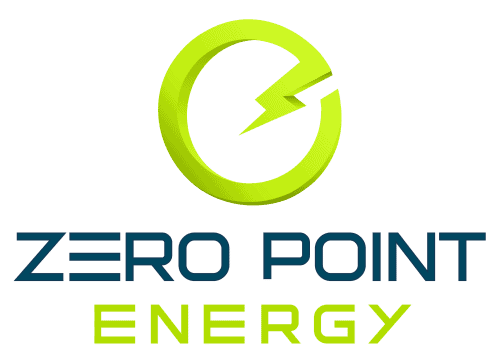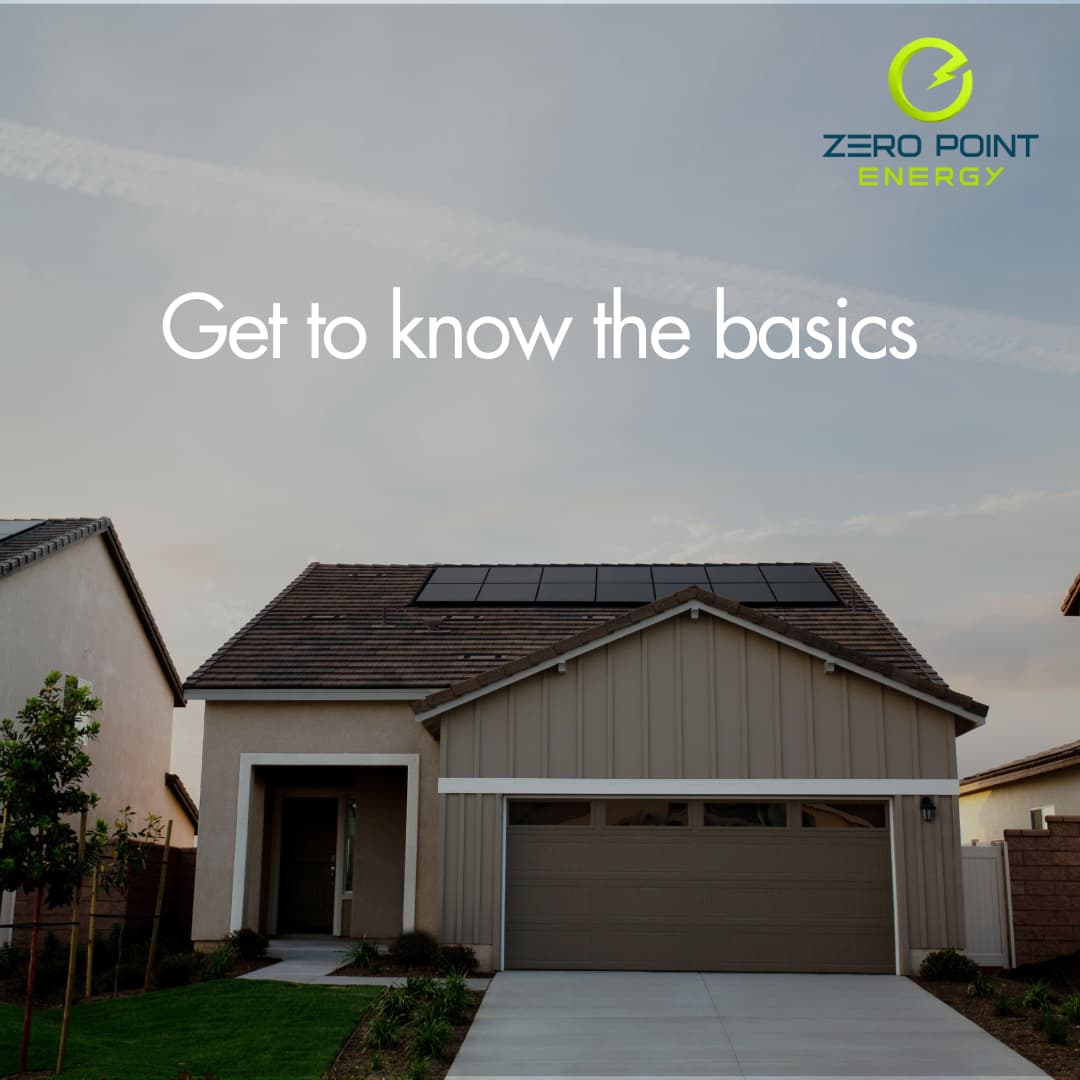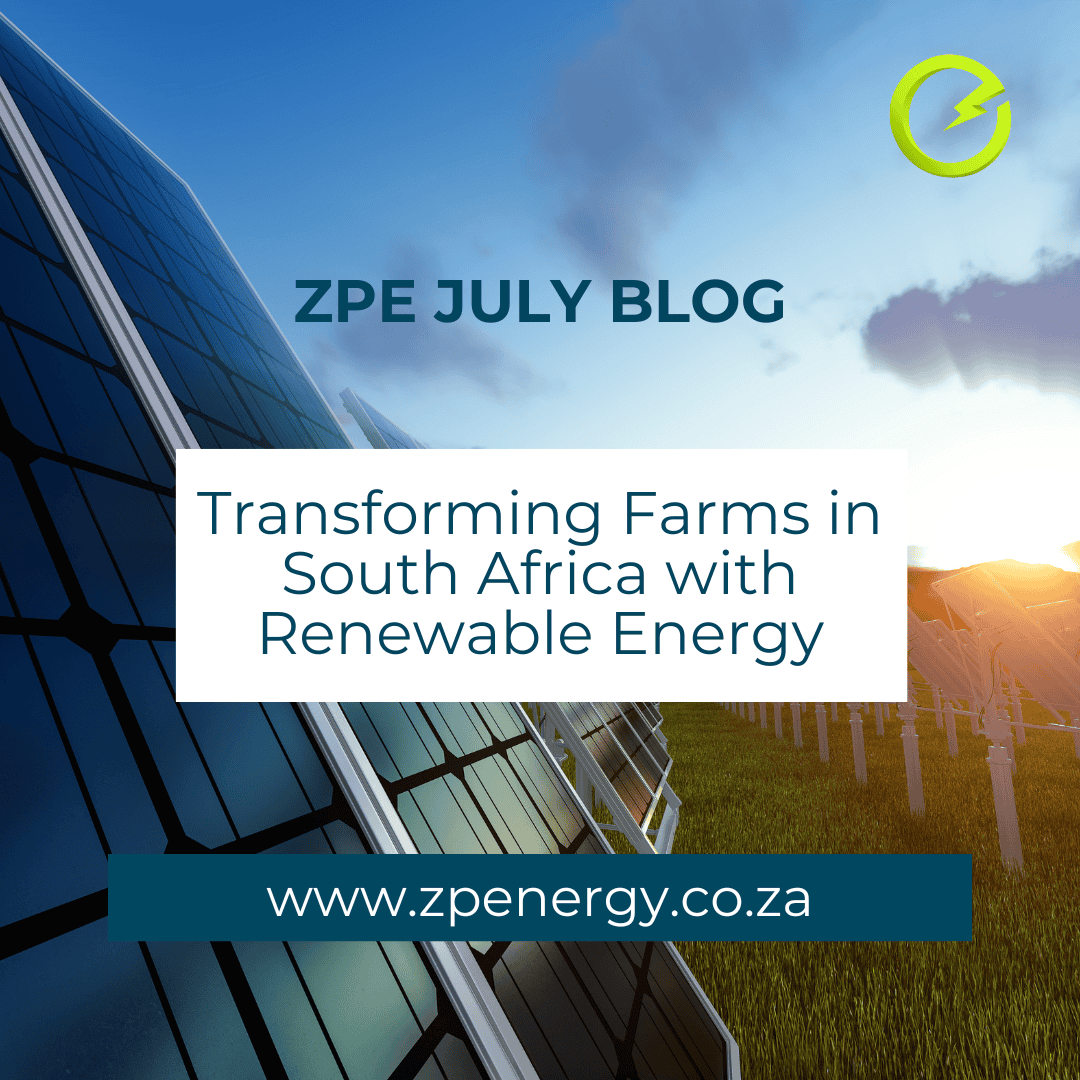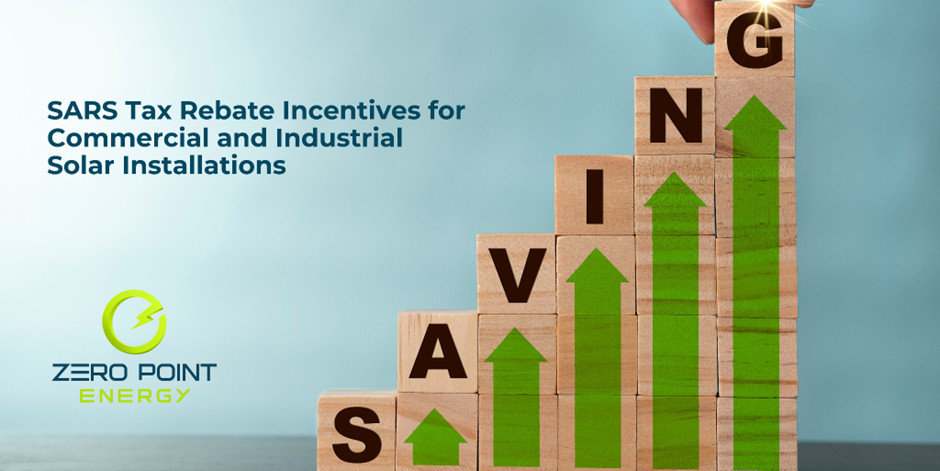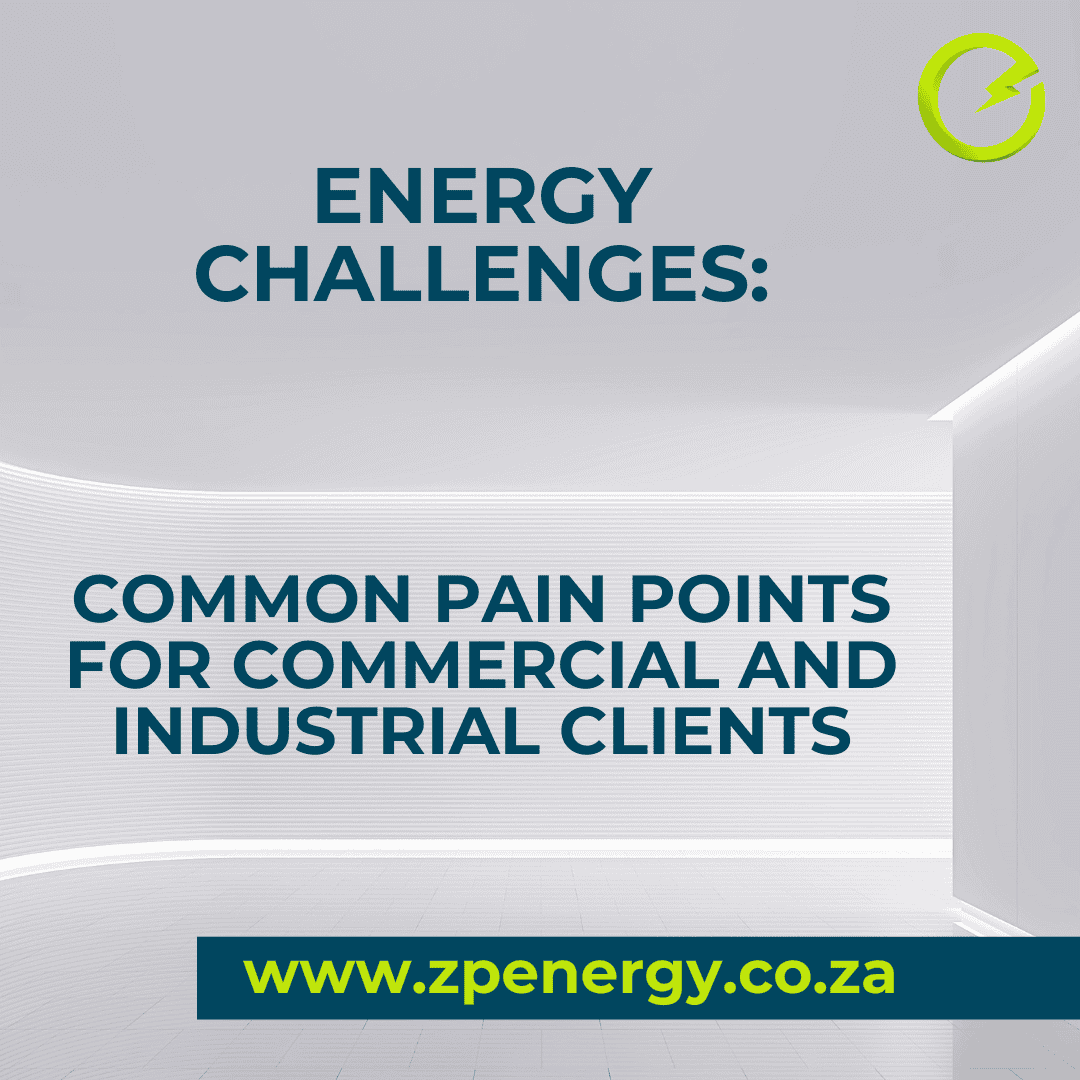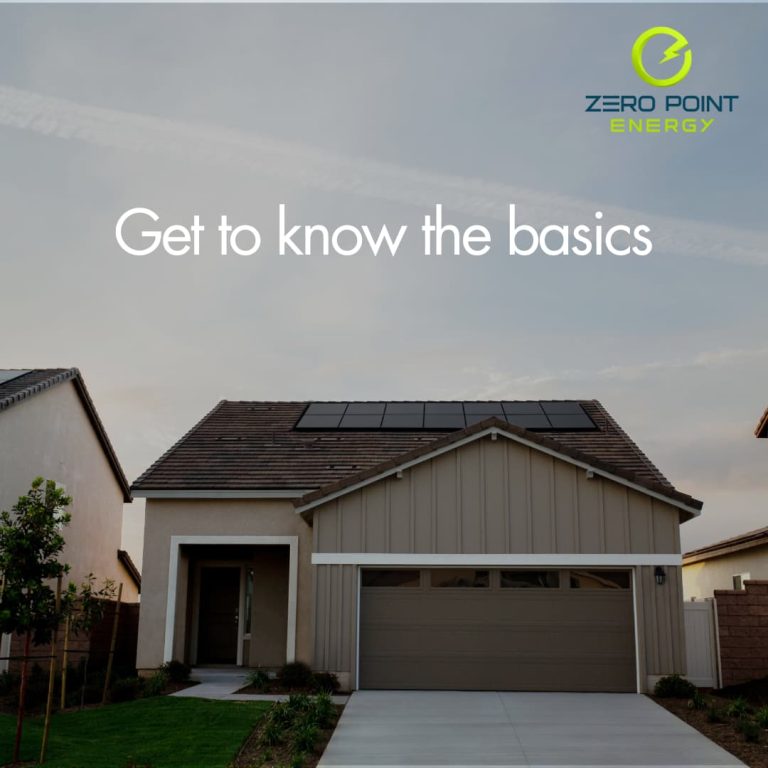
As a South African homeowner, having a backup power source can provide you with a reliable source of electricity, especially during power outages or load shedding.
Here is a simple guide on how to get started with backup power and solar power:
1) Determine your energy needs
Understanding your energy usage is the first step in maximising your backup energy solution. You need to determine the amount of power you need to run essential appliances and devices during a power outage. Make a list of the critical items that need to stay on and their energy requirements to get an idea of the size of the backup energy system you need.
You can share this list with a professional installer who will be able to assess and specify the size of the system required.
As a side note: It is important to note that you should not use heavy-load appliances such as washing machines, dishwashers, or elemental appliances during evening load shedding as it will deplete your backup energy.
2) Decide on the type of backup power system
There are two types of backup power systems: generators and battery backup systems.
Generators are more affordable upfront, but they require fuel to run, and they can be noisy and emit fumes. Battery backup systems with solar panels, on the other hand, are more expensive upfront, but they provide a quiet, clean, and sustainable source of energy. They also provide a return on investment through the electricity bill savings you will achieve monthly. Next, choose the right battery capacity. When choosing a battery backup system, consider the battery capacity. The battery capacity determines how much power can be stored, so it is essential to choose the right size that can store enough energy to power your essential appliances and devices. The bigger the battery, the longer it will last during a power outage. It is recommended to consider lithium-ion batteries over lead-acid batteries nowadays, as the technology, warranties and the life-cycle cost is far superior to older lea-acid or gel batteries.
3) Choose the right system
There are many batteries, inverters and solar panels available in the market, and choosing the right one can be confusing. For the best possible system, with product guarantees and after-sales service, Tier 1 industry-leading and guaranteed products are recommended. We at Zero Point Energy specialise in designing systems and offering only Tier 1 brand offerings, ensuring that we provide you with only the best of the best.
4) Find a reputable installer
Once you have decided on the type of backup power system you want, you will need to find a reputable installer. Look for an installer who has experience installing the type of system you want and who can provide industry accreditations, registered electrical personnel, and references from satisfied customers.
Zero Point Energy has 8 years of experience. All our installers have undergone training and have the necessary qualifications to ensure a seamless and quality installation.
5) Maintain your system
Regular maintenance is essential to keep your backup power system running efficiently. Follow the manufacturer’s recommendations for maintenance, and have your system checked regularly by a professional. Ensure your installer leaves you with a close-out pack after completion of the installation that provides all necessary electrical drawings, certificate of compliance (COC), emergency lock-out procedures and equipment warranty documentation. Reputable installers also offer a 12 month workmanship warranty period to provide peace of mind that the system is installed and running smoothly after completion.
In conclusion, having a backup power system can provide you with a reliable source of electricity and save you money on your energy bills. Follow these simple steps to get started with backup power and solar power in South Africa. Contact Zero Point Energy to get an obligation-free quote.
